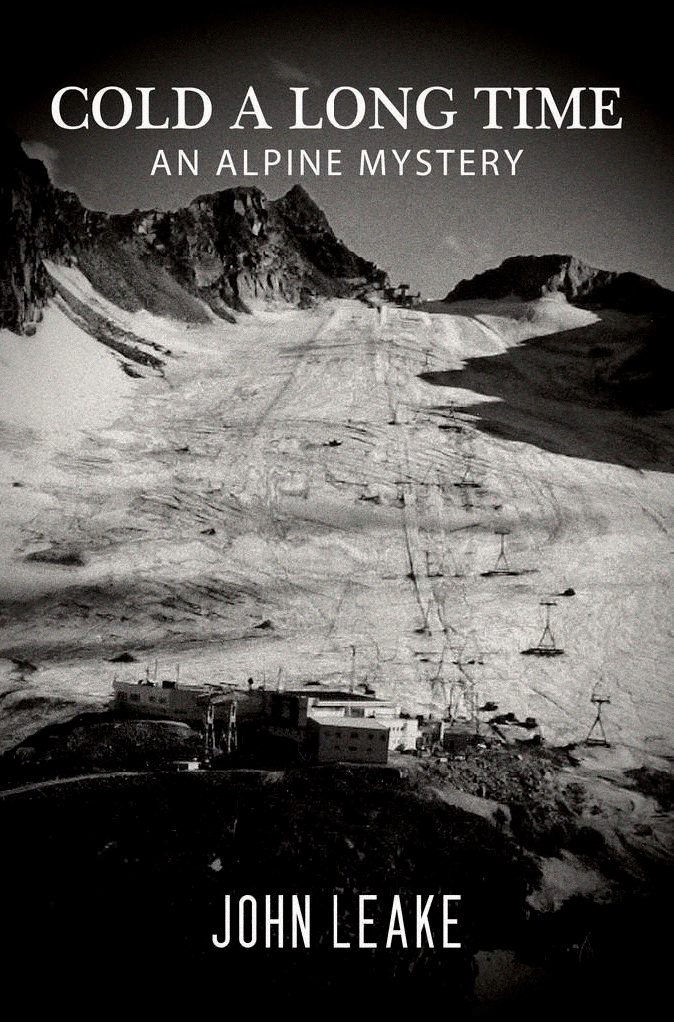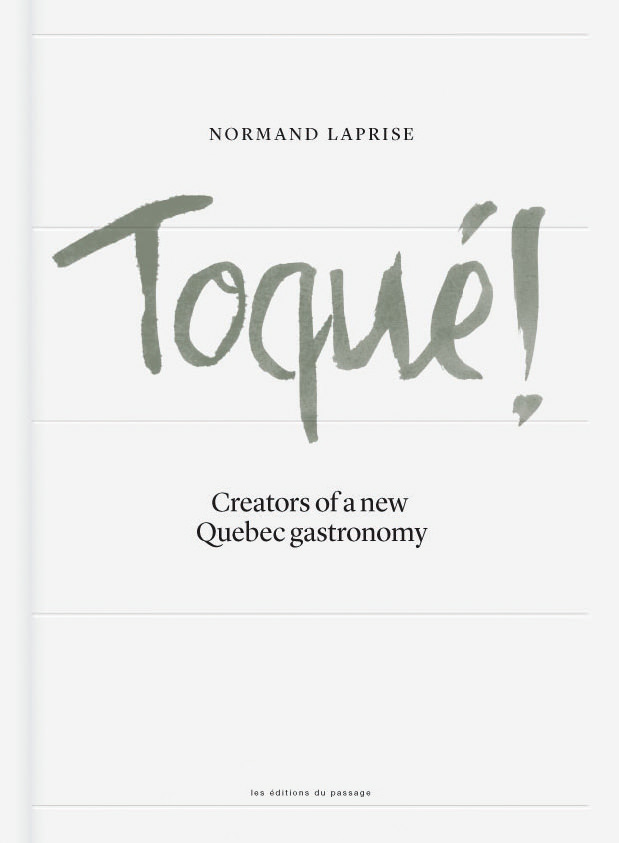Catherine Bush’s Tempest-Inspired Climate Story Has Surprising Implications in the Pandemic
Blaze Island.

“Sometimes it seems like a neoliberal gesture to be obsessed with originality,” says award-winning Canadian author Catherine Bush. She believes that retellings are like walking into a room where an already lively conversation is taking place. “And there’s so many ways to join the conversation by referring back to some other great work that’s happened before and making it new somehow. There’s beauty in doing that—and a playfulness, I think, which certainly appeals to me as a novelist.” Her latest novel, Blaze Island, uses the existing work around Shakespeare’s The Tempest as a starting point to tell a story about the climate crisis.
Shakespearean retellings are not necessarily groundbreaking, she admits, but a particular 2006 Royal Shakespeare Company performance of The Tempest where Patrick Stewart performed Prospero as a forceful and virile man deeply inspired her. His angry portrayal of the character determined to keep control imprinted itself on her, and that memory collided with the fact that Bush’s sister is a climate scientist. From there, it became clear that the world of The Tempest provided metaphorically fertile soil in which to plant the seed of a much larger issue that fascinated Bush.
Fans of Bush will recognize the underlying themes of personal and environmental ethics. In each of her novels, she creates characters who are grappling with issues that extend beyond their domestic lives, encompassing broader public threats or concerns. In Blaze Island, she lays out a very real and present dilemma that each character confronts differently.
“I’m just really interested in the psyches of climate scientists at this point in time,” she explains, “I mean, how do you hold all that knowledge of potential, incipient disaster? How do you hold it as a parent who loves your child more than anything in the world? How do you reconcile those things, what would it make you do? The ethics are very personal and private, but they have these much broader implications. And I’m really interested in where those things come together.”
Setting the story on Fogo Island creates a contained universe to explore these concepts. One thing she couldn’t have predicted, however, was the pandemic forcing us all into our own little islands.
In the aftermath of the hurricane that strikes Fogo Island, the characters are trapped on the island with no access to the outside world. And even though it wasn’t intentional, Bush can’t help but notice how it feels eerily similar to the early days of that pandemic. “It’s not a pandemic novel,” she clarifies, “but it’s very much a novel about grappling with change and trying to figure out how to look forward, and also dealing with sheltering in place.”
The universality of the novel’s themes and the moments of levity and ridiculousness make the story accessible to readers whether or not they are familiar with Shakespeare. And arguably, the characters of Shakespeare’s play are given more personality, depth, and complexity in the novel because Bush didn’t fall into the trap of most retellings that try to replicate instead of evolving.
Most importantly, Blaze Island asks the reader to consider the hows and whys of decisions made in crisis. Through the actions of the characters, Bush communicates the triumphs and shortcomings of society’s approach to the most pressing issues. “I really believe that we live in a moment right now—and I think that the pandemic has only made that more acute—where we can’t really look at the past as a model for what lies ahead for the future. It’s only going to bring us more loss.”
_________
Never miss a story. Sign up for NUVO’s weekly newsletter, here.




